Quick, what do Hot Pockets and Alpo have in common? It’s probably not what you’re thinking. Hot Pockets and Alpo are just two popular brands owned by giant parent company Nestlè. Yes, that Nestlè, the company that makes your favorite crunch bar and your go-to chocolate milk. Additionally, Nestlè produces Gerber baby food and even has their hands in a few luxury brands like Ralph Lauren and Armani.
It’s hard to believe, but most of the food in your home along with your cleaning supplies, over-the-counter medicines, and even your soap are produced by just ten mega-corporations that own virtually every nationally available brand.
So is it a bad thing that no matter whether you chose Ruffles or Cheetos, you’re still choosing the Pepsico Corporation? Not necessarily. Having industry giants proven savvy at production does assure some measure of quality control across a brand; KFC tastes the same in Houston as it does in Honolulu is because Pepsi owns that company as well and has pretty rigorous standards for consistency.
However, putting most of America’s brand power in the hands of just 10 corporations gets a little stickier when you stop to consider the fact that a handful billion dollar corporations controlling this many products are often able to abuse worker rights and the environment relatively consequence free because there isn’t much competition.
Oxfam’s first Behind the Brands Report, which tracks the top ten companies’ progress across seven areas (workers, women, climate change, land, farmers, water, and transparency), was pretty bleak. It revealed that most of the top ten food production companies paid unfair wages, were involved in land grabs, and showed little concern for the environment, with the worst company earning a score of just 19 out of 100.
But things are looking up! According to the latest report, many companies are making changes to bolster their reputations. Coca-Cola has implemented a zero tolerance for land grabs stance, and Nestle has created a forthcoming plan to end unfair practices for female farmers. It’s not a complete 180 on corporations’ parts, in fact, Oxfam terms this gradual progress a “race to the middle”, but it is a step in the right direction.
So who owns what, and how, exactly, is your ice cream related to your soap? Click through the slideshow for some sometimes downright baffling connections between brands.
1. Pepsi Is Making Your Chips
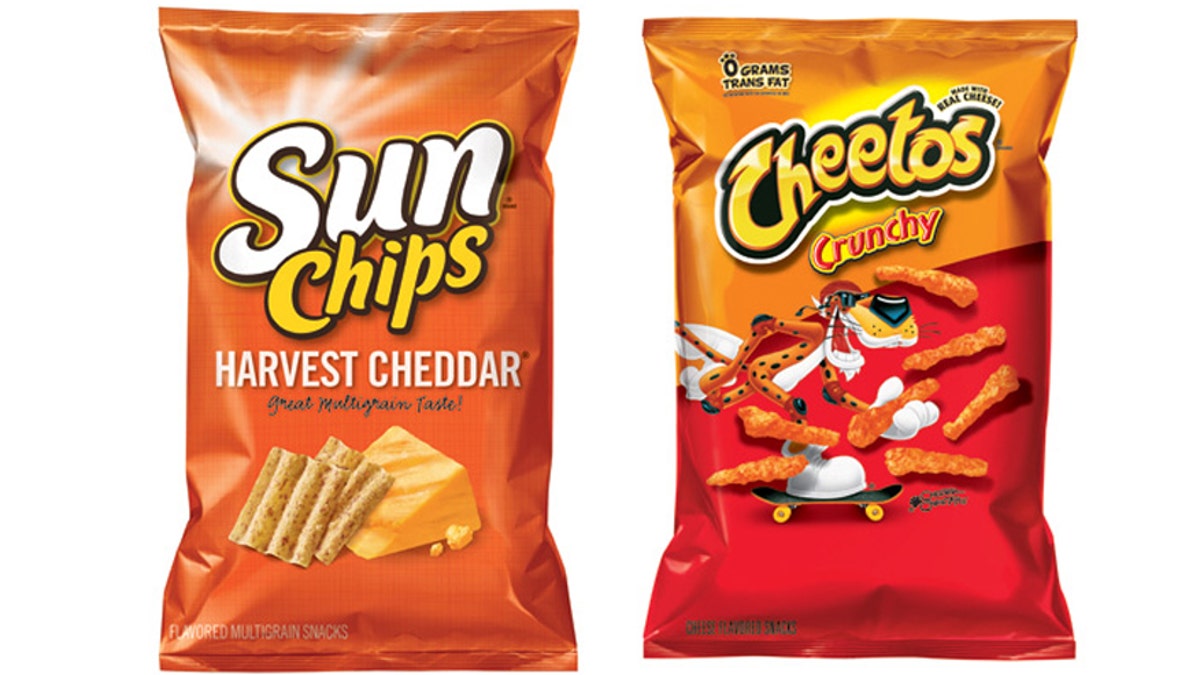
(Pepsico)
It’s true, Pepsico own Fritos, Cheetos, Ruffles, Lays, and just about every other commercially produced potato or corn chip in the US. They also own Taco Bell, KFC, Pizza Hut, and A&W Restaurants.
2. Coca-Cola Is Making Your Juice
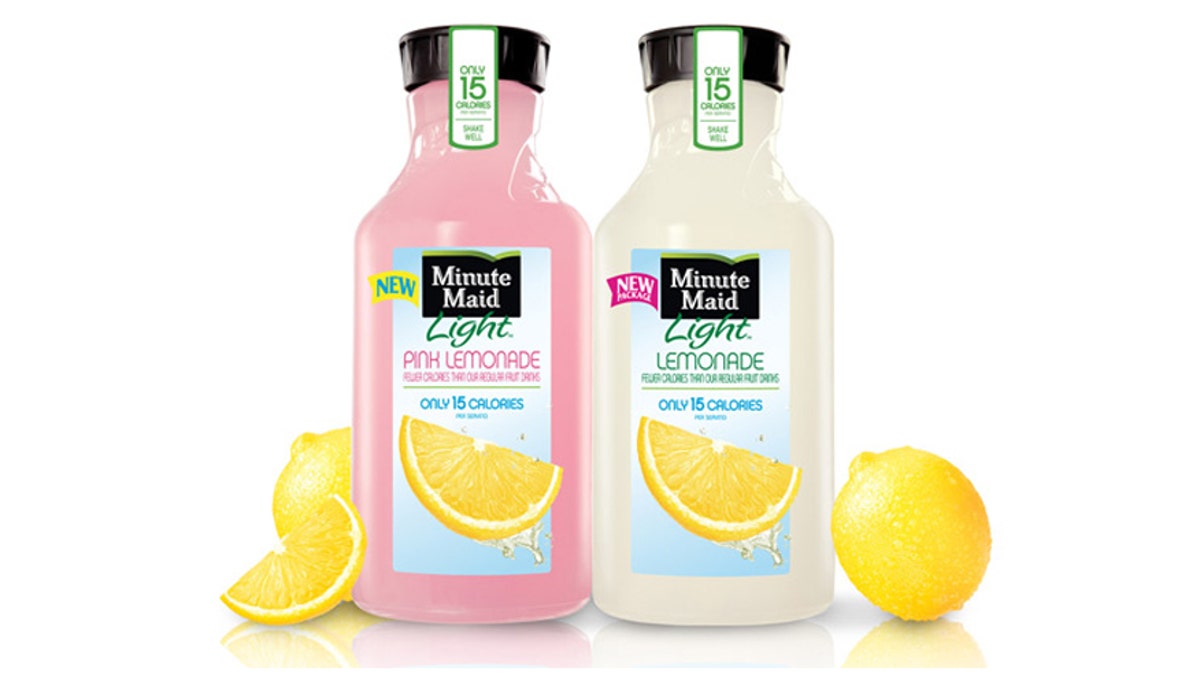
(Coca Cola)
In addition to producing Coke, one of the most recognizable brands in the world, Coca-Cola also owns Minute Maid and Smart Water.
3. Kraft Is Making Your Jell-O and Chocolate
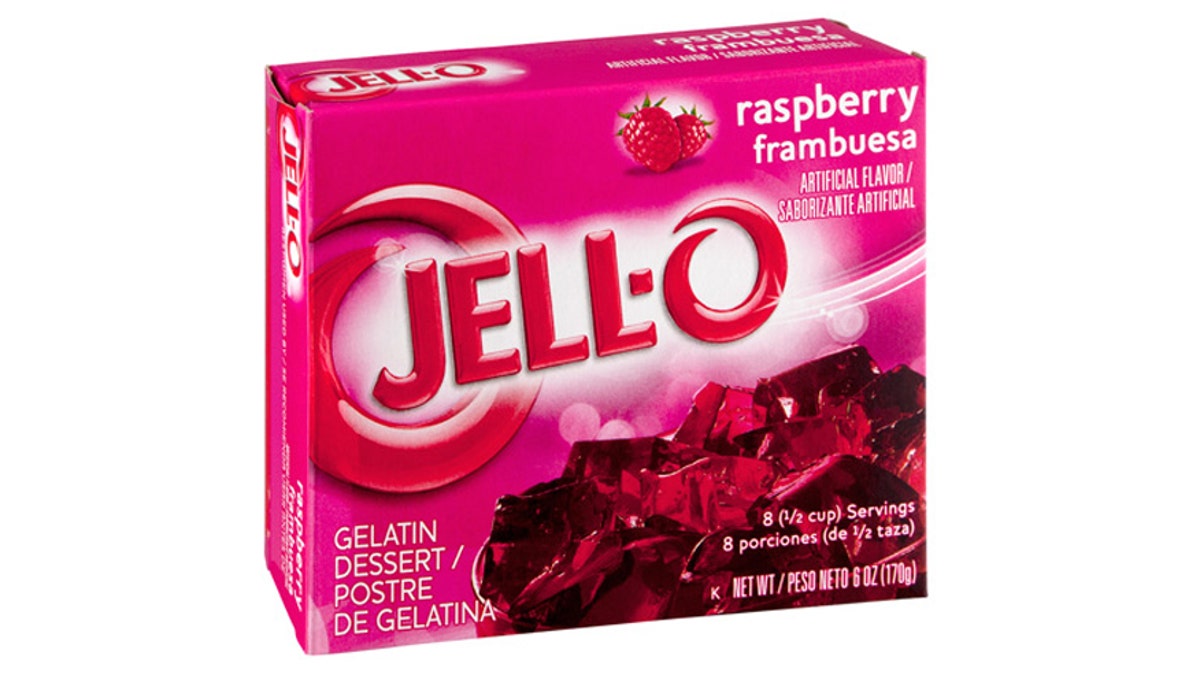
(itemmaster.com)
If you thought Kraft was just cheese, think again. They own Jell-O, Oreo, Cadbury and Toblerone. Oddly enough, while Pepsi owns A&W Restaurants, Kraft owns the root beer brand itself.
4. Nestle Is Making Your Cosmetics and High End Clothing
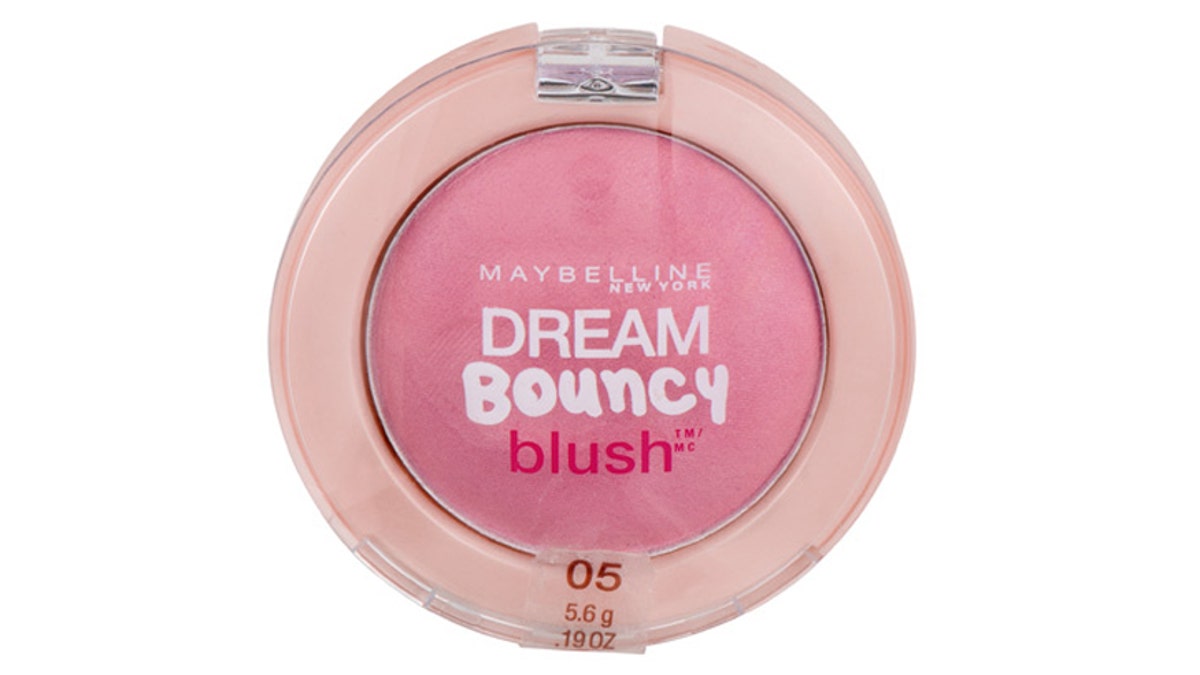
(itemmaster.com)
While Kraft may be behind your Cadbury Cream Egg, Nestle is the parent company of Loreal, Maybelline, Kiehl’s, Yves St. Laurent, and Stella McCartney.
5. P&G Makes Everything In Your Laundry Room And Probably All Of Your Cleaning Supplies
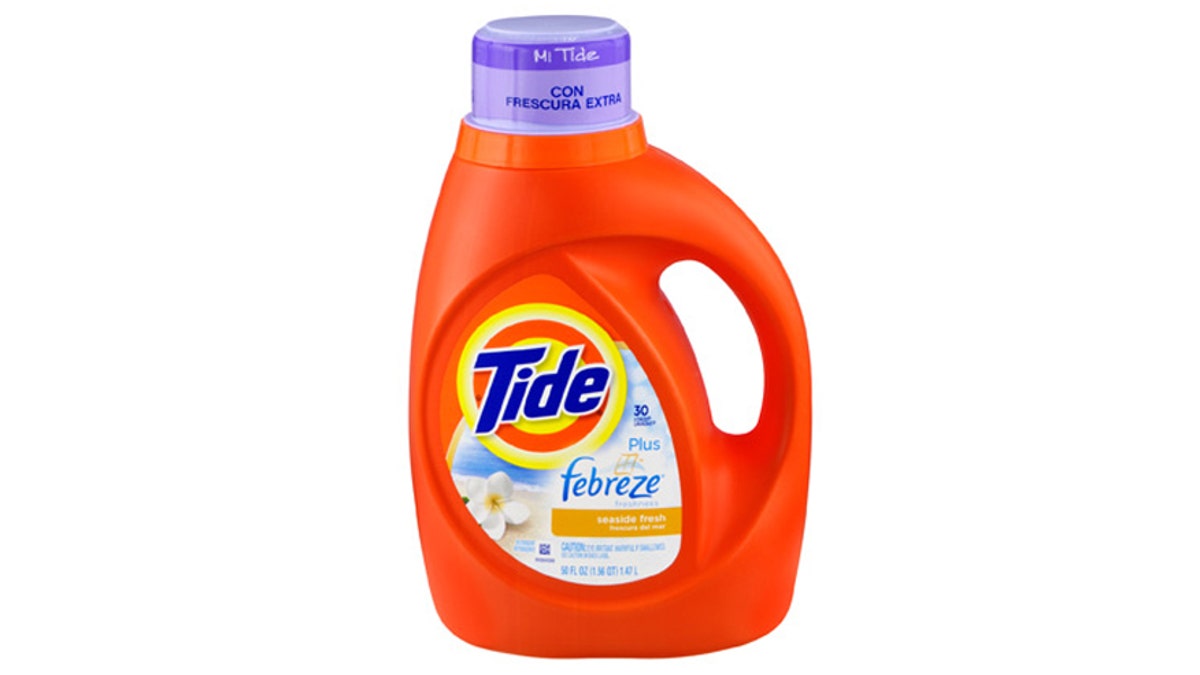
(itermmaster.com)
The same company that gives us the miracle that is the Swiffer also makes Tide, Bounce, Gain, and Downy. Perhaps they make the clothes in your washing machine as well since they own Lacoste and Hugo Boss.
Read the full article for more major food producers.
More from The Daily Meal:
10 Drinks That Might Be Harming the Planet
10 Plants You Can Eat to Survive in the Wild
12 Best and Worst Weight-Loss Programs According to Experts
